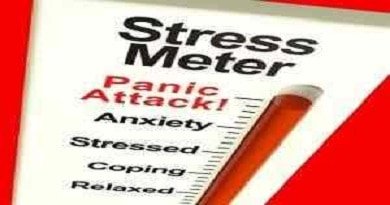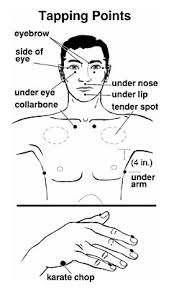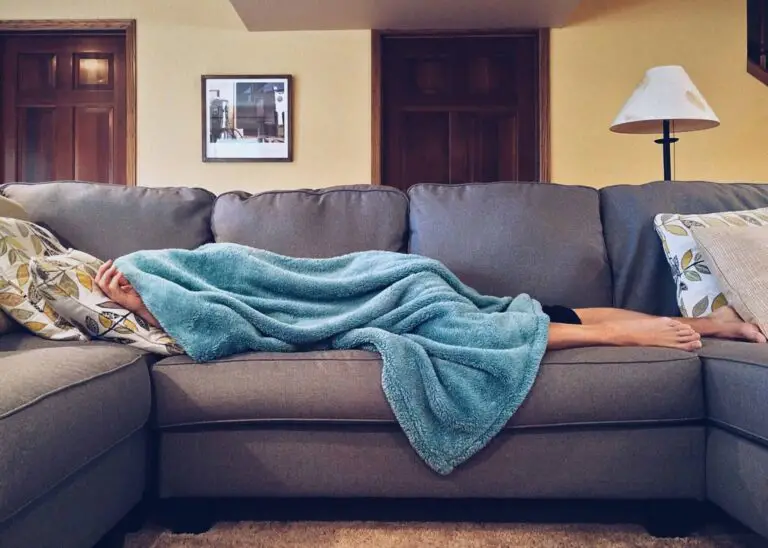Depression in Women

Women are more prone to depression than men. Many factors contribute to depression in women such as social pressure, reproductive hormones and the woman’s response to stress. Depression in women is a serious condition and is identified as an illness. It can have huge negative impact on a woman’s life to the point of trying to end it and sometimes being successful.
Signs and Symptoms of Depression in Women
Depression in women is a treatable illness. The symptoms must be recognized as depression and not passed off as a bad or gloomy mood that will pass. Everyone has them down in the dumps time, but it will last for a few hours or maybe even a day but will be vanquished with the next activity to come along. If down in the dumps symptoms last for more than two weeks, it is time to step it up and consult a health care professional who can guide you in the right direction for treatment. Other signs of depression in women may include sleep disturbance, appetite change, loss of interest in normal activities, difficulty in concentration and feelings of guilt and helplessness.
Where to Seek Help
If you recognize signs of depression in yourself or a close family member or friend suggests the same, it is time to take action and find out just what is going on. Consult your primary care physician who will check for any medical or physical problems that may be mimic signs of depression. If the Doctor finds nothing, they will refer you to a health care professional that deals with depressive behavior. Once diagnosed with depression, a treatment plan can be established, and the road to recovery can begin. Keep in mind; many times depression is not cured. It is managed, and the patient will learn to manage the symptoms.
The Treatment Plan
Once a treatment plan is put in place, the patient must follow it to the letter. Even if the patient is feeling better, it just means the treatment plan is working, and not depression has been eliminated. Depression in women is usually treated with a combination of medication and cognitive-behavioral therapy. Sometimes, it might be one or the other, depending on the severity level of depression. Medication will be prescribed to control mood swings while cognitive behavioral therapy will teach the patient how to deal with the effects of rattled emotions.
Controlling and managing depression in women will not happen overnight. It will take a time to recognize the situations that cause depressive symptoms to flare and learn to replace those events with something positive. It will also take time for the medication to take effect, perhaps from 6 to 8 weeks. Treatment for depression is often trial and error at first. The plan may need to be tweaked before something that works is found, as not all people respond to treatment in the same manner.






